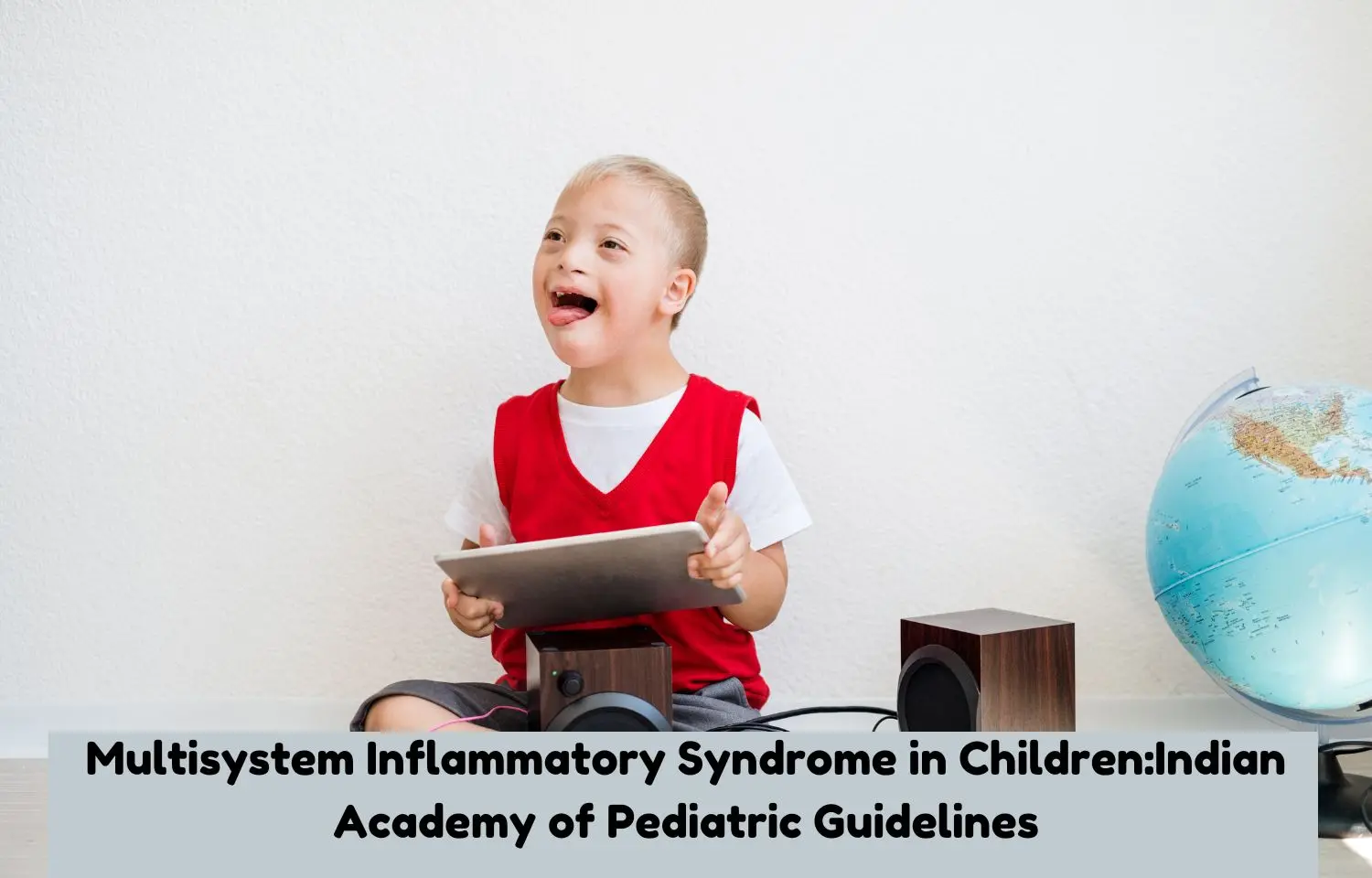- Home
- Medical news & Guidelines
- Anesthesiology
- Cardiology and CTVS
- Critical Care
- Dentistry
- Dermatology
- Diabetes and Endocrinology
- ENT
- Gastroenterology
- Medicine
- Nephrology
- Neurology
- Obstretics-Gynaecology
- Oncology
- Ophthalmology
- Orthopaedics
- Pediatrics-Neonatology
- Psychiatry
- Pulmonology
- Radiology
- Surgery
- Urology
- Laboratory Medicine
- Diet
- Nursing
- Paramedical
- Physiotherapy
- Health news
- Fact Check
- Bone Health Fact Check
- Brain Health Fact Check
- Cancer Related Fact Check
- Child Care Fact Check
- Dental and oral health fact check
- Diabetes and metabolic health fact check
- Diet and Nutrition Fact Check
- Eye and ENT Care Fact Check
- Fitness fact check
- Gut health fact check
- Heart health fact check
- Kidney health fact check
- Medical education fact check
- Men's health fact check
- Respiratory fact check
- Skin and hair care fact check
- Vaccine and Immunization fact check
- Women's health fact check
- AYUSH
- State News
- Andaman and Nicobar Islands
- Andhra Pradesh
- Arunachal Pradesh
- Assam
- Bihar
- Chandigarh
- Chattisgarh
- Dadra and Nagar Haveli
- Daman and Diu
- Delhi
- Goa
- Gujarat
- Haryana
- Himachal Pradesh
- Jammu & Kashmir
- Jharkhand
- Karnataka
- Kerala
- Ladakh
- Lakshadweep
- Madhya Pradesh
- Maharashtra
- Manipur
- Meghalaya
- Mizoram
- Nagaland
- Odisha
- Puducherry
- Punjab
- Rajasthan
- Sikkim
- Tamil Nadu
- Telangana
- Tripura
- Uttar Pradesh
- Uttrakhand
- West Bengal
- Medical Education
- Industry
Multisystem Inflammatory Syndrome in Children: IAP Guidelines

Multisystem inflammatory syndrome in children (MIS-C) associated with coronavirus disease2019 (COVID-19) or pediatric inflammatory multisystem syndrome (PIMS) was initially reported in the United Kingdom and the United States in April 2020 following a surge in COVID-19 infections in the population.
The Indian Academy of Pediatrics (IAP) has released Standard Treatment Guidelines 2022 for Multisystem Inflammatory Syndrome in Children. The lead author for these guidelines on Multisystem Inflammatory Syndrome in Children is Dr. Rakesh Lodha along with co-author Dr. Jolly Chandran and Dr. Mahendra Jain. The guidelines come Under the Auspices of the IAP Action Plan 2022, and the members of the IAP Standard Treatment Guidelines Committee include Chairperson Remesh Kumar R, IAP Coordinator Vineet Saxena, National Coordinators SS Kamath, Vinod H Ratageri, Member Secretaries Krishna Mohan R, Vishnu Mohan PT and Members Santanu Deb, Surender Singh Bisht, Prashant Kariya, Narmada Ashok, Pawan Kalyan.
Following are the major recommendations of guidelines:
Diagnostic Criteria:
In May 2020, the World Health Organization (WHO) and the Centers for Disease Control (CDC) issued separate diagnostic criteria based on available/published information in case reports and case series analysis. These criteria are enlisted in Table 1.
| TABLE 1: The WHO criteria for MIS-C. | |
| Criteria | All 6 criteria must be met |
| Age | Age 0–19 years |
| Fever | Fever for ≥3 days |
| Clinical signs of multisystem involvement (at least two of the following) |
|
| Elevated markers of inflammation | Elevated markers of inflammation (e.g., ESR, CRP, or procalcitonin) |
| Rule out other diagnoses | No other obvious microbial cause of inflammation, including bacterial sepsis and staphylococcal/streptococcal toxic shock syndromes/tropical infectious diseases, i.e., malaria, dengue, scrub typhus, leptospirosis, and enteric fever |
| Recent or current SARS-CoV-2 infection or exposure |
|
- Centers for Disease Control and Prevention. (2020). Multisystem Inflammatory Syndrome in Children (MIS-C) associated with Coronavirus Disease 2019 (COVID-19). [online] Available from: https:// emergency.cdc.gov/han/2020/han00432.asp. [Last accessed June, 2022].
- Elsevier.health. (2022). Multisystem Inflammatory Syndrome in children (MIS-C). [online] Available from: https://elsevier.health/en-US/preview/multisystem-inflammatory-syndrome-in-childrenmis-c. [Last accessed June, 2022].
- Henderson LA, Canna SW, Friedman KG, Gorelik M, Lapidus SK, Bassiri H, et al. American College of Rheumatology Clinical Guidance for Multisystem Inflammatory Syndrome in Children Associated With SARS-CoV-2 and Hyperinflammation in Pediatric COVID-19: Version 2. Arthritis Rheumatol. 2021;73(4):e13-29.
- McMurray JC, May JW, Cunningham MW, Jones OY. Multisystem inflammatory syndrome in children (MIS-C), a post-viral myocarditis and systemic vasculitis—a critical review of its pathogenesis and treatment. Front Pediatr. 2020;8:626182.
- Ministry of Health and Family Welfare. (2022). Revised Comprehensive Guidelines for Management of COVID-19 in Children and Adolescents (below 18 years). [online] Available from: https://www. mohfw.gov.in/pdf/RevisedComprehensiveGuidelinesforManagementofCOVID19inChildren andAdolescents below18years.pdf. [Last accessed June, 2022].
- Nakra NA, Blumberg DA, Herrera-Guerra A, Lakshminrusimha S. Multi-system inflammatory syndrome in children (MIS-C) following SARS-CoV-2 infection: review of clinical presentation, hypothetical pathogenesis, and proposed management. Children (Basel). 2020;7(7):69.
- World Health Organization (2020). Multisystem inflammatory syndrome in children and adolescents with COVID-19: Scientific Brief. [online] Available from: https://www.who.int/publications-detail/ multisystem-inflammatory-syndrome-in-children-and-adolescents-with-covid-19. [Last accessed June, 2022].
The guidelines can be accessed on the official site of IAP: https://iapindia.org/standard-treatment-guidelines/
I have done my Bachelor of pharmacy from United Institute of Pharmacy and currently pursuing pharmaceutical MBA from Jamia hamdard. I worked as an intern at the position of content creator in Medical Dialogue and am highly obliged to the company for giving me this wonderful opportunity.
Dr Kamal Kant Kohli-MBBS, DTCD- a chest specialist with more than 30 years of practice and a flair for writing clinical articles, Dr Kamal Kant Kohli joined Medical Dialogues as a Chief Editor of Medical News. Besides writing articles, as an editor, he proofreads and verifies all the medical content published on Medical Dialogues including those coming from journals, studies,medical conferences,guidelines etc. Email: drkohli@medicaldialogues.in. Contact no. 011-43720751


